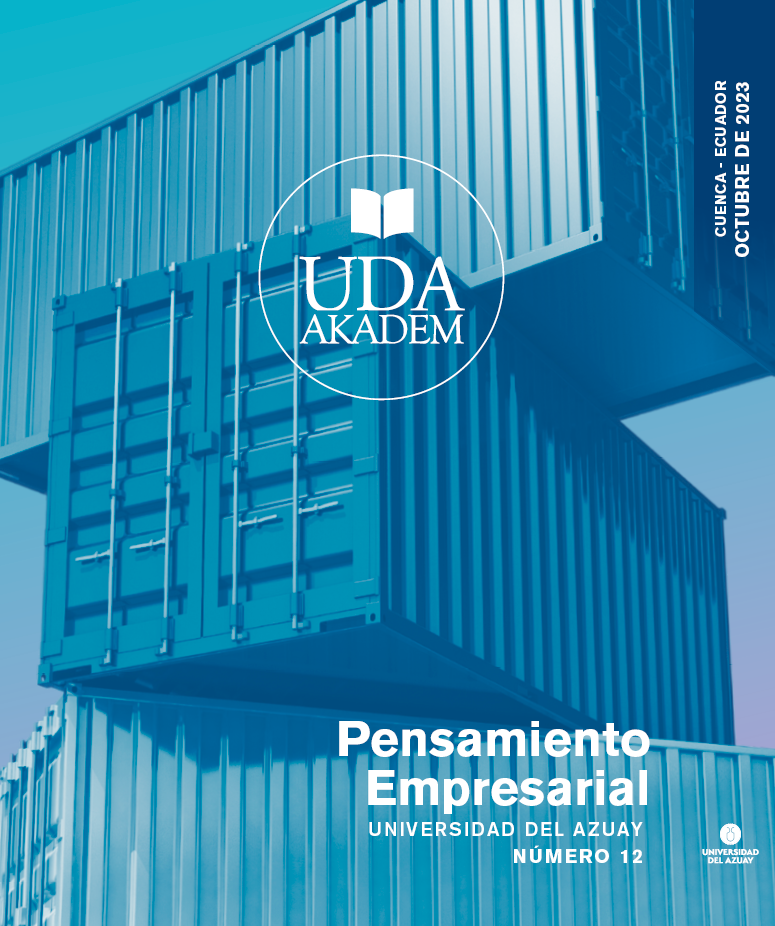El Impuesto a la Renta sobre Herencias, Legados y Donaciones en la Recaudación Tributaria del Ecuador periodo 2019-2021
Palabras clave:
Donaciones, Herencia, Impuesto a la renta, Legados, RecaudaciónResumen
La investigación se enfocó en los datos estadísticos de la recaudación del impuesto a la renta sobre herencias, legados y donaciones, así como la actividad administrativa y operativa realizada por el ente regulador para aumentar la recaudación monetaria. El objetivo fue analizar la recaudación monetaria del impuesto a la renta sobre herencia, legados y donaciones registrados durante el periodo 2019-2021 en Ecuador. Para ello, se aplicó una metodología mixta: una de tipo de investigación descriptiva-analítica sobre los datos recolectados y la otra descriptiva-deductiva en la entrevista aplicada a experto. Los resultados permitieron encontrar que en el año 2021 existe una diferencia superior en 15 millones de dólares de la recaudación realizada durante el año 2019 y 2020; cabe destacar que estos periodos son los que tienen menor recaudación, a pesar de que existe un crecimiento progresivo, por otro lado, la recaudación del impuesto está destinada para becas de educación superior, cuyas provincias con mayor aporte son Pichincha y Guayas.
Palabras claves: Donaciones, Herencia, Impuesto a la renta, Legados, Recaudación
Absract.
he investigation focused on the statistical data of income tax collection on inheritances, legacies and donations, as well as the administrative and operational activity carried out by the regulatory entity to increase monetary collection. The objective was to analyze the monetary collection of income tax on inheritance, legacies and donations registered during the period 2019-2021 in Ecuador. For this, a mixed methodology was applied, a descriptive-analytical type of research on the data collected and a descriptive-deductive one in the interview applied to an expert. The results allowed us to find that in 2021 there is a difference greater than 15 million dollars from the collection made during 2019 and 2020; it should be noted that these periods are the ones with the lowest collection, despite the fact that there is progressive growth. On the other hand, the tax collection is destined for higher education scholarships, whose provinces with the greatest contribution are the provinces of Pichincha and Guayas.
Keywords: Donations, Inheritance, Income tax, Legacies, Collection


